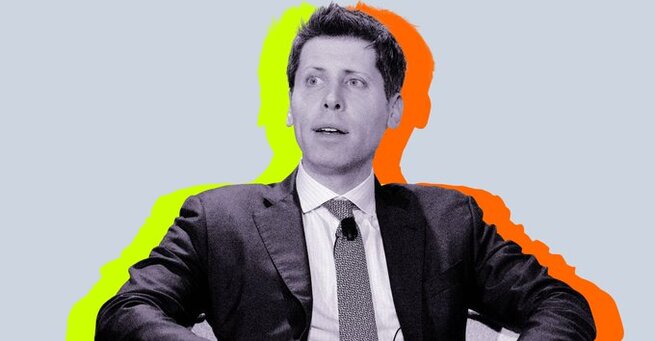
Concerns about teen safety and artificial intelligence are growing rapidly, and ChatGPT is now at the center of this debate. Sam Altman, the CEO of OpenAI, recently announced that ChatGPT will no longer engage in conversations about suicide with users under 18. This decision comes as part of broader efforts to protect young people online while balancing privacy, freedom of expression, and user safety. Parents, educators, and policymakers have been raising urgent questions about how AI chatbots impact mental health, and this new move aims to address those concerns directly.
Why ChatGPT Is Changing Its Approach With Teens
Altman emphasized that the company is introducing new measures to create a safer digital experience for younger users. One of the main changes includes building an age-prediction system that estimates a user’s age through their interactions. If the system detects uncertainty, it will default to providing an under-18 experience. This cautious approach ensures that minors receive additional safeguards when using ChatGPT, preventing exposure to sensitive topics such as self-harm or flirtatious conversations.
Focus On Teen Safety And Mental Health
The updated policies highlight the importance of separating teen users from adults, especially in conversations that could carry emotional weight. By steering away from discussions on suicide and self-harm, OpenAI hopes to reduce potential risks linked to vulnerable users. Altman also stated that if an under-18 user shows signs of suicidal thoughts, the system may attempt to reach out to parents or, in urgent cases, notify authorities. This layered response reflects a strong commitment to prioritizing mental health in the digital age.
What This Means For The Future Of AI And User Protection
The announcement signals a significant shift in how AI companies are expected to handle sensitive topics. With ongoing debates about chatbot safety and regulation, these new measures set a precedent for balancing innovation with responsibility. For parents and teens, it represents reassurance that AI platforms are adapting to real-world concerns. For policymakers, it highlights how companies like OpenAI are working to establish boundaries that protect young users while still fostering innovation in artificial intelligence.
𝗦𝗲𝗺𝗮𝘀𝗼𝗰𝗶𝗮𝗹 𝗶𝘀 𝘄𝗵𝗲𝗿𝗲 𝗿𝗲𝗮𝗹 𝗽𝗲𝗼𝗽𝗹𝗲 𝗰𝗼𝗻𝗻𝗲𝗰𝘁, 𝗴𝗿𝗼𝘄, 𝗮𝗻𝗱 𝗯𝗲𝗹𝗼𝗻𝗴. We’re more than just a social platform — from jobs and blogs to events and daily chats, we bring people and ideas together in one simple, meaningful space.